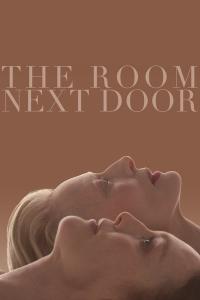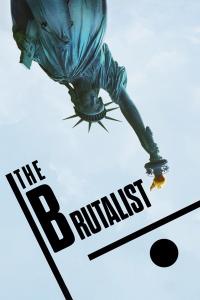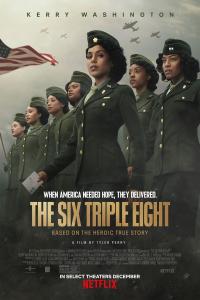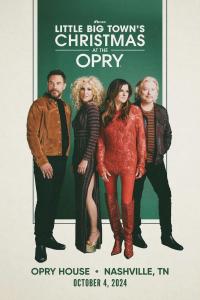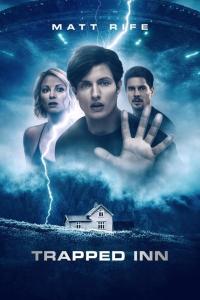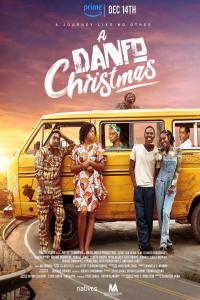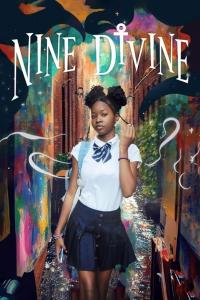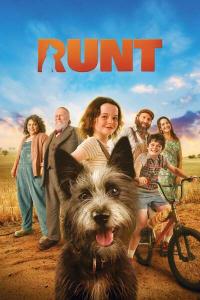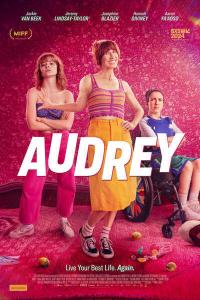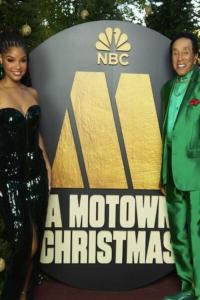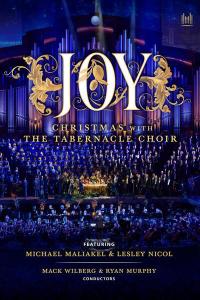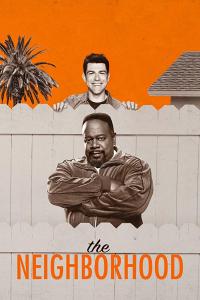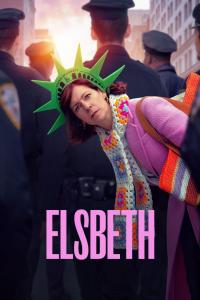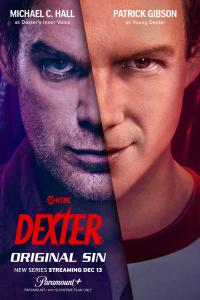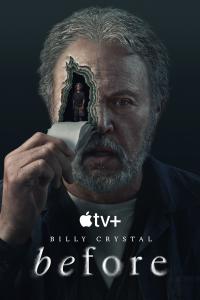Torrent details for "[americana, folk] (2022) Annie Capps - How Can I Say This? [FLAC] [DarkAngie]" Log in to bookmark
Controls:
Language:
 English
EnglishTotal Size:
210.07 MB
Info Hash:
33a80025c7227542da13e7babcc003d14ac16d93
Added By:
Added:
19-02-2023 20:52
Views:
315
Health:

Seeds:
1
Leechers:
1
Completed:
2
Thanks for rating :
Garthock (5),
(5),
Garthock
Review:
How Can I Say This?, the latest album from Michigan-based Annie Capps, is framed as a journey from her early impressionable years through to grown-up and often hard-won wisdom covering acceptance and learning to let go of both hurt and grief. In making the album, Capps drew on the contributions of some 40 female artists across the US and Canada, among them Sav Buist and Katie Larson of The Accidentals on violin and cello, Tracy Grammer and Heather Pierson. The album, veined by a theme of vulnerability as she explores self-discovery, shame, forgiveness, healing and taking back your power, opens with the descending guitar waves and orchestral arrangement of My Eden, a girly-voiced reflection on her teenage conflict between Catholic girl innocence and temptation where “Back on the corner of sin and sacrament / little girls in plaid skirts on their knees spent / begging for forgiveness, not one was innocent / cause there was an apple and there was a serpent / Down in the basement, the boys came and went / I was playing Lois Lane to their Clark Kent / and that man of steel was preparing for his grand ascent”, and she was “hell-bent on trying to make love”. Introduced by Diane Perry’s violin, the edgy, somewhat jittery Learning continues into loss of innocence, not so much by one’s own actions but through those around us (“I was taught to never waste a good drunk / when there’s so much power of a sharp tongue”) as she recalls “I was taught the way to win affection / from a master of deception …I learned to be a devil when the angel wasn’t looking / I learned there are secrets you don’t tell / I learned that folks like me are going straight to hell”, and an early lesson in how “some boys hear “yes” when you say “no” / then look at you with eyes that say we get what we deserve”. It concludes with a poignant memory of her mother and of rising above the hurt and lies: “she said forgiveness isn’t easy when they’re treating you like dirt … I learned about forgiveness from someone who had it worse / I was taught that learning sometimes hurts”. Pierson on Wurlitzer, the swampy jazzed Two Different Things mines a similar theme as again framed by male-female dynamic, it addresses how we surrender our power to a distorted sense of reality (“What he heard and what you said are two very different things / bit your tongue and while it bled / Danced a jig as he pulled on your strings”) and prove helpless to defend ourselves (“there’s a jackknife in your pocket just out of reach / the blade is duller than a politician’s speech”), introducing issues of religious hypocrisy (“the preacher does and the preacher says / two very different things / the prophet living in his head / is not the one who’s got you kissing his rings / take a peek behind the curtain see the puppeteer / on a pedestal as shaky as a chandelier”), again coming to a stark realisation that “the truth is never ever simply black or white / even when it’s hiding out in broad daylight / now and then you’ll find it in the great hindsight”. The folksy picked strings and piano accompanied waltzing title track is a conversation with herself in attempting to reclaim her power from the personified voices in her head embedded by misguided authority figures, society and her own irrational fears (“I need to know what it feels like without you under my skin, indelibly attached to my trembling bones / you are a part of my anatomy / but I need you to leave me alone”). Adopting a boxing metaphor with Judy Insley on mandolin, The Punch is lightly swaying country-tinted folk about being your own worst enemy (“got a habit of dancing right into the pain / tripping over my words, ending up on the ropes / I’m my own referee and that call was too close / gonna stand my ground even when I know / you found me out and it’s starting to show”) but also a caution against over-reacting to imagined fears (“I come out swinging and beat you to the punch you were never gonna throw”). She returns to childhood memories with the understated, moody electric guitar, soft drums and Grammar’s violin of the heartbreaking My Father’s House, a kindred spirit to Springsteen’s song of the same title in its folksy revisiting to the home of an alcoholic’s daughter (“I can still hear the garage door opening / just enough time to run upstairs / in my room, I could be spared undue reckoning /staying out of his crosshairs”) in a search for letting go of the past and, recalling her mother’s wisdom, of finding forgiveness after the healing (“my father’s house is coming down / 5 tons of steel may not destroy all my memories / but I can watch them hit the ground / wood and glass, brick and stone / all the ghosts who lingered have long since flown”), the line of how it had “eggshells across every floor” a haunting image of how “you start to pick up on the clues / all the little things it would take to blow a fuse”. The strings-backed, impish bluesy folk groove Dirty Little Secret rides a similar train of thought about how we hide and repress shameful things (“it’s you and me under lock and key”) that would cause hurt, to others or ourselves, if aired (“on our headstone they’ve written herein lies the loving daughter, wife, sister and friend who led a beautiful life”). Rumbling percussion and pizzicato violin brings a nervy edge to The Silent, another number about shame which finds a woman in an abortion clinic with its “scent of choices poorly made” having to make a painful decision (“don’t speak the chance to ever see your face / I have come here to erase”). As it enters the home stretch, the mood begins to shift from regret to hope, with the shimmering acoustic ballad Riverbound, a shedding of the mask (“the grand facade is coming down”) and finding self-acceptance (“when the part of me that let her go / wakes up with the part of me that loved her so / aching arms lay down the weight / of too long on the wrong side of sorrow’s gate”). That optimism grows stronger as, featuring a chorus of over 20 voices, the anthemic Crowded, a realisation that we are not alone and, if we open our hearts and let our voice be heard and allow “better thoughts to bloom”, we will find a community of others who share the same experience (“On a planet full of people who have different ways of seeing what they know / What I know is when I’m sending up my flare, there’s always someone who’s been there (to say) ‘You’re not alone’”), surrounding the demons with love. The final two tracks embrace resolve, the contemporary dappled folk balladry Only Sometimes, Capps on banjo, she describes as “finding a place where the grass is green enough and the sadness of the world feels far enough away, most of the time”, a part-spoken ode to suburban tranquillity away from the city noise (“there’s no more neon lights to faint the stars, I swear the moon’s a million times bigger out here…just look at all the green, can you believe this is my backyard”), albeit shaded with nostalgia for what has been left behind (“you ask me if I ever miss the city .. and I tell you that I only sometimes do”). Finally comes the softly melancholic acoustic folksinesss of Yesterday, Carolyn Koebel on djembe and Perry on melodica, a gradual transition away from the darkness and stages of grief, taking things at her own pace, disengaging “the force field around my bleeding heart”, knowing that the light will eventually come as she sings that while she’s been “far too busy lately / Filling up my plate with / Things that leave a really nasty taste in my mouth / Overly consumed with / All the ways we’re doomed”, she’s taking steps at self-healing (“Yesterday I listened to my breath for the first time in ages …I’ve come dangerously close to / Picking up the phone to / Boast about the way that all my anger has subsided”), closing with the euphoric celebration that “Yesterday a sunbeam hit the curtains for the first time in ages…Yesterday I chose to wear mascara for the first time in ages … Yesterday my inner songbird sang out for the first time in ages / All the doors flew open on her tortured little cages”. Capps says that the album was about finding a way to speak about the hard things in her life – and in the lives of others, something we often find difficult to do, leaving them to fester inside. Listening to these songs, it’s clear she has done so in the most eloquent and moving way. — folkradio.co.uk

Track List:
01 - My Eden
02 - Learning
03 - Two Different Things
04 - How Can I Say This
05 - The Punch
06 - My Father's House
07 - Dirty Little Secret
08 - The Silent
09 - Riverbound
10 - Crowded
11 - Only Sometimes
12 - Yesterday
Media Report:
Genre: americana, folk
Country: Chelsea, Michigan, USA
Format: FLAC
Format/Info: Free Lossless Audio Codec
Bit rate mode: Variable
Channel(s): 2 channels
Sampling rate: 44.1 KHz
Bit depth: 16 bits
Compression mode: Lossless
Writing library: libFLAC 1.2.1 (UTC 2007-09-17)
Note: If you like the music, support the artist


